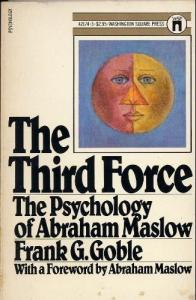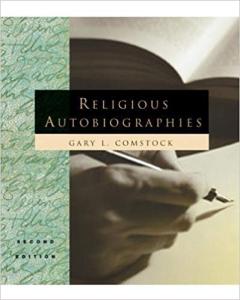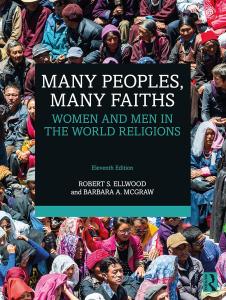Uncovering the Spiritual Journeys:
A Critical Review of Maslow's Religions Values and Peak Experiences
Religion has always been a significant aspect of human existence, shaping our beliefs, values, and behaviors. Abraham H. Maslow, a renowned psychologist, explored the role of religion in human psychology through his book Religions Values and Peak Experiences.
Religions Values and Peak Experiences is a compilation of essays and lectures by Maslow, published posthumously in 1970. Maslow, known for his theory of the hierarchy of needs, diverged from traditional psychology and focused on the study of healthy, self-actualized individuals. In this book, he explores the concept of peak experiences, which he defines as "moments of intense joy and well-being, often associated with religious or mystical experiences."
One of the book's key themes is the role of religion in shaping our values. Maslow argues that religion provides individuals with a set of moral values and principles that guide their behavior. He also highlights the importance of shared religious values in creating a sense of community and social harmony. Maslow believed that religion, in its purest form, can foster positive human values such as love, kindness, and compassion.
Through his research, Maslow observed that peak experiences often occur during religious or spiritual practices. These are moments of self-transcendence, where individuals feel a sense of oneness with the universe and experience heightened consciousness. According to Maslow, these experiences can lead to personal growth and a deeper understanding of oneself and the world.
While Maslow's ideas were groundbreaking, they also faced criticism and controversy. Some argued that his focus on self-actualization and peak experiences was overly individualistic and disregarded the importance of social and cultural influences. Others questioned the scientific validity of his research and the subjective nature of peak experiences.
Religions Values and Peak Experiences offers a thought-provoking perspective on the relationship between religion and human experiences. Maslow's insights into the role of religion in shaping our values and fostering peak experiences are still relevant today. However, it is essential to critically examine his ideas and consider the diverse cultural and social contexts in which religion operates.
In conclusion, Maslow's book provides a valuable contribution to the study of religion and human psychology. It challenges us to reflect on the deeper meaning and purpose of religion in our lives and its potential to facilitate personal growth and self-transcendence. Whether you are a psychology enthusiast or a religious practitioner, Religions Values and Peak Experiences is a great read that will broaden your understanding of the human experience.






